A Hyperlocal Digital Campaign Driving Change (and Winning Awards!)
October 31, 2019
The Lovie Awards have just announced their 2019 winners! Purpose is proud to win two Lovie awards this year for our hyperlocal digital campaign, Leeds Counts. Committed to recognising European excellence on the internet, The Lovie Awards honour the unique modern-day storytellers, campaigners and creators.
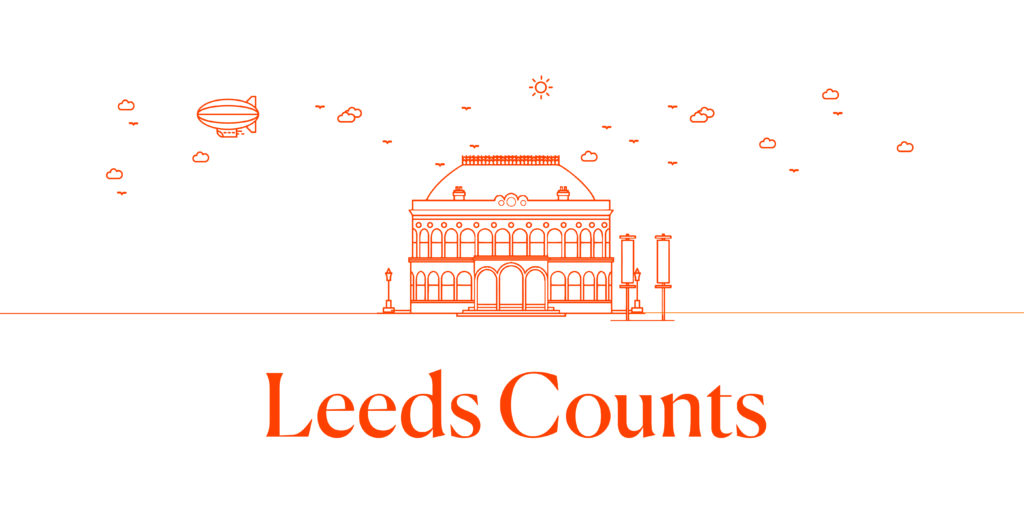
Leeds Counts was created as an online informational tool, which revealed to users the positive impact their city (Leeds) has on the issues of international development that they care most about. As a result, the hyperlocal digital campaign got over almost 15,000 people to engage in using the tool, leading to 86% of users committing to taking an action.
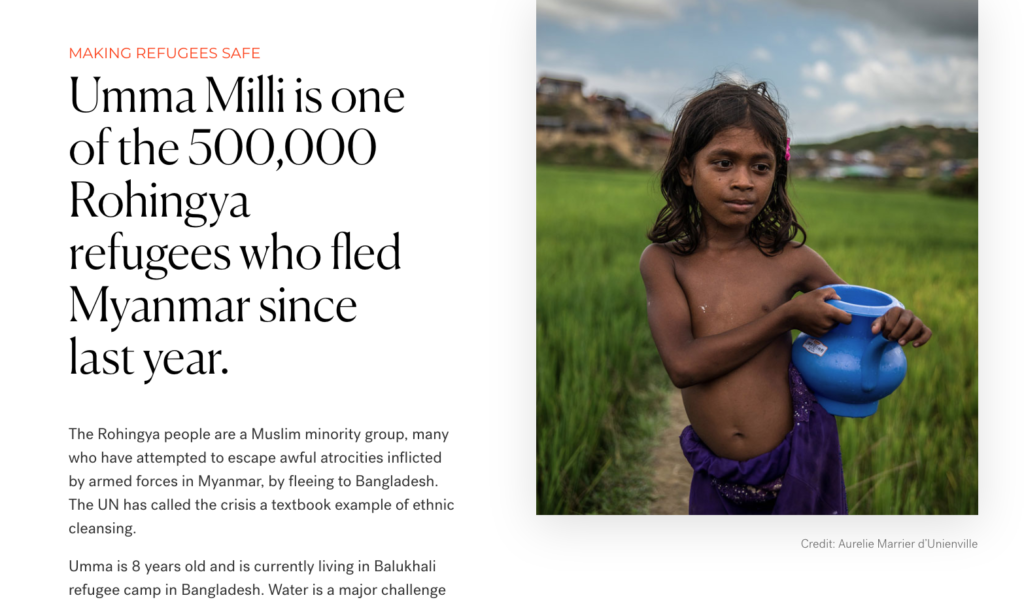
As a social change agency, Purpose is honoured that our hyperlocal digital campaign has been recognised as ‘The Best Website in Charitable Organizations & Non-Profit’. This year, Leeds Counts won the Gold Lovie, which is the judges’ highest award, as well as the People’s Choice Lovie, voted on by the public.
There were 1,500 entries from over 33 countries and 55,000 votes in the People’s Lovie Awards. We are delighted that our digital campaign represents the best in of the European Internet!
We will be attending the Lovies Award ceremony on November the 14th, alongside the other winning changemakers like Grace F Victory (Lovie Creator for Change), the Founders of Karma (Lovie Emerging Entrepreneurs), Max Roser for Our World in Data (LovieBe Greater with Data), and many more.
’s a behind-the-scenes look at #LovieForGood‘s gallery, developed with @WPEngine. From a social media initiative fighting Germany’s gender wage gap, to an app working to end violence against women, these campaigns are driving real change in Europe. https://t.co/LTkGJV2vaW pic.twitter.com/xiTFLLpKvp
— The Lovie Awards (@lovieawards) October 10, 2019
We answered some questions for Lovies 4 Good on our hyperlocal Leeds campaign. Check them out below (as previously published on Lovies 4 Good):
Describe your Lovie-winning project. What’s the elevator pitch behind the hyperlocal digital campaign?
In Autumn last year, Bond UK and Purpose collaborated on an intervention. The aim was to increase awareness among the UK public on the beneficial aspects of international aid.
Firstly, in order to create our hyperlocal campaign, we had to select our unique pilot city. Leeds, as a city that has a lot of active civil society groups, plays an important role in the UK. However, we recognised that, like many UK cities, it did not have a very active conversation about international development.
Next, once we decided on Leeds as our campaign’s city, we created an ‘aid calculator’ from a hyperlocal perspective. This tool shows an individual town’s contribution to addressing global development issues. This was a bid to get local communities to discover a newfound pride in aid. In turn, we saw that this would help to develop a new language with which to talk about and defend aid.
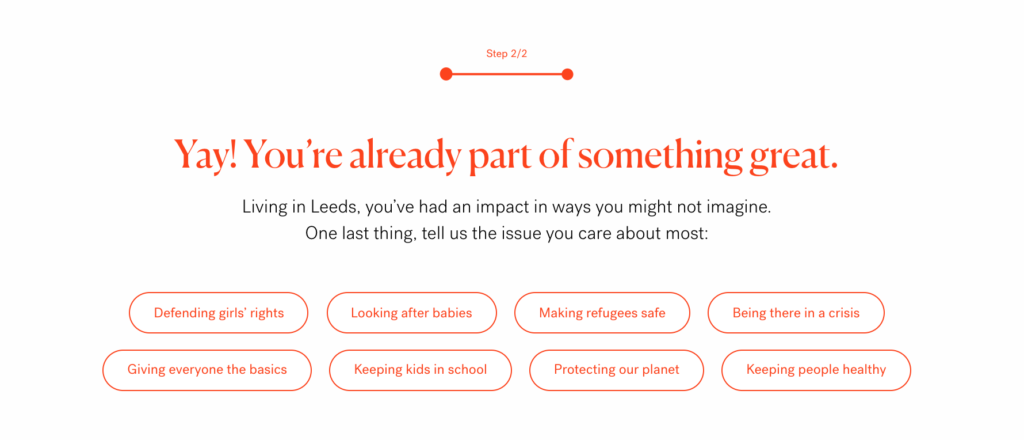
We utilised social media targeting and local partners to promote Leeds Counts. Interestingly, this became an essential part of the success of the hyperlocal digital campaign.
We tested different messaging to maximise distribution. In addition to this, we engaged alternative influencers, such as Humans of Leeds, to spread the message.
View this post on InstagramA post shared by Humans of Leeds 🇬🇧 (@humansofleeds) on
What inspired this particular cause as the subject of your work?
In the last decade, we have seen a decrease in public support for global development. The sector is struggling to gain new supporters. Moreover, it is struggling to engage with previously committed audiences. With this insight in mind, we set out to create this local connection to broader global development issues. Thus, a hyperlocal digital campaign for Leeds was made.
What real-world impact were you hoping to make with this hyperlocal digital campaign?
There has typically been low engagement from the public to learn and take action on global development issues. Consequently, we’ve seen a growing lack of commitment from decision-makers and leaders to improve policy and invest resources.
We hoped Leeds Counts would be the first step in making development issues relevant to local communities. It was a bid to create new-found local pride in their achievements through international aid.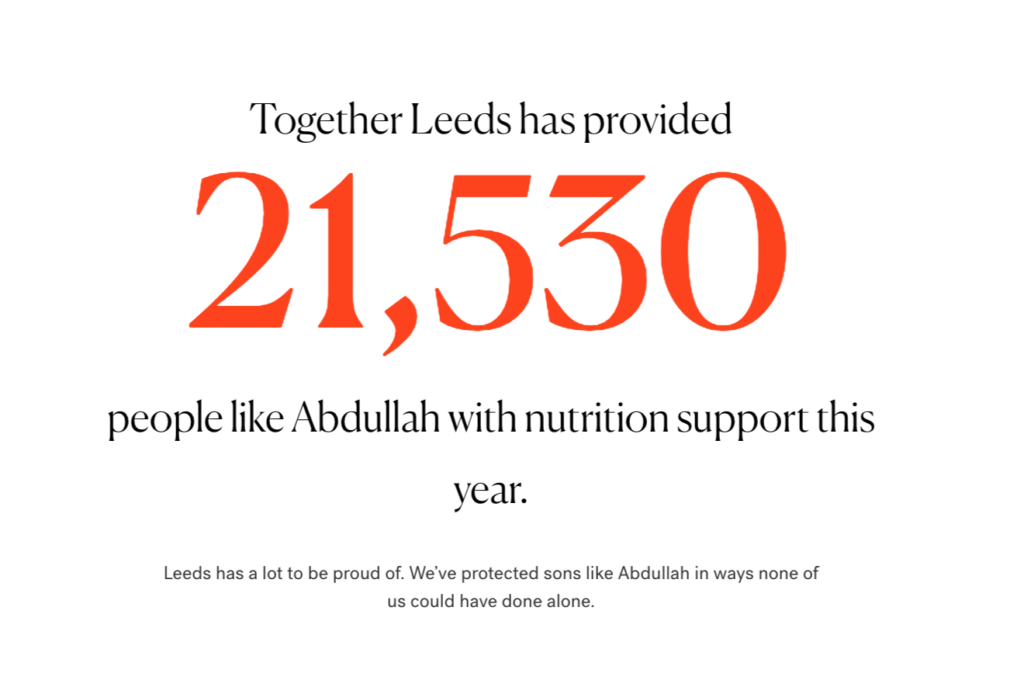
Did your team have a specific “breakthrough” moment when conceiving or executing this project that you can share?
There were a few. When local MP Hillary Benn included Leeds Counts in his article about international development, this felt like a big win for us.
“Now, thanks to a new project called Leeds Counts, we can see how some of the world’s most vulnerable people have benefited from aid funded by the people of Leeds (based on our share tax paid to the UK Government.” – MP Hillary Benn, Yorkshire Evening Post
Additionally, it was great when smaller influencers like Britain for All (Facebook) and Humans of Leeds (Instagram) shared the site.
But nothing felt better than when we hit 10,000 local people using the tool and reading through the stories. It was incredible to see so many people from this community engaging with international aid.
Was the tech/medium you chose essential to conveying your message?
The digital tool relied on gamification, a data-driven UX. Additionally, the use of effective storytelling helped to convey the message in a new digital environment.
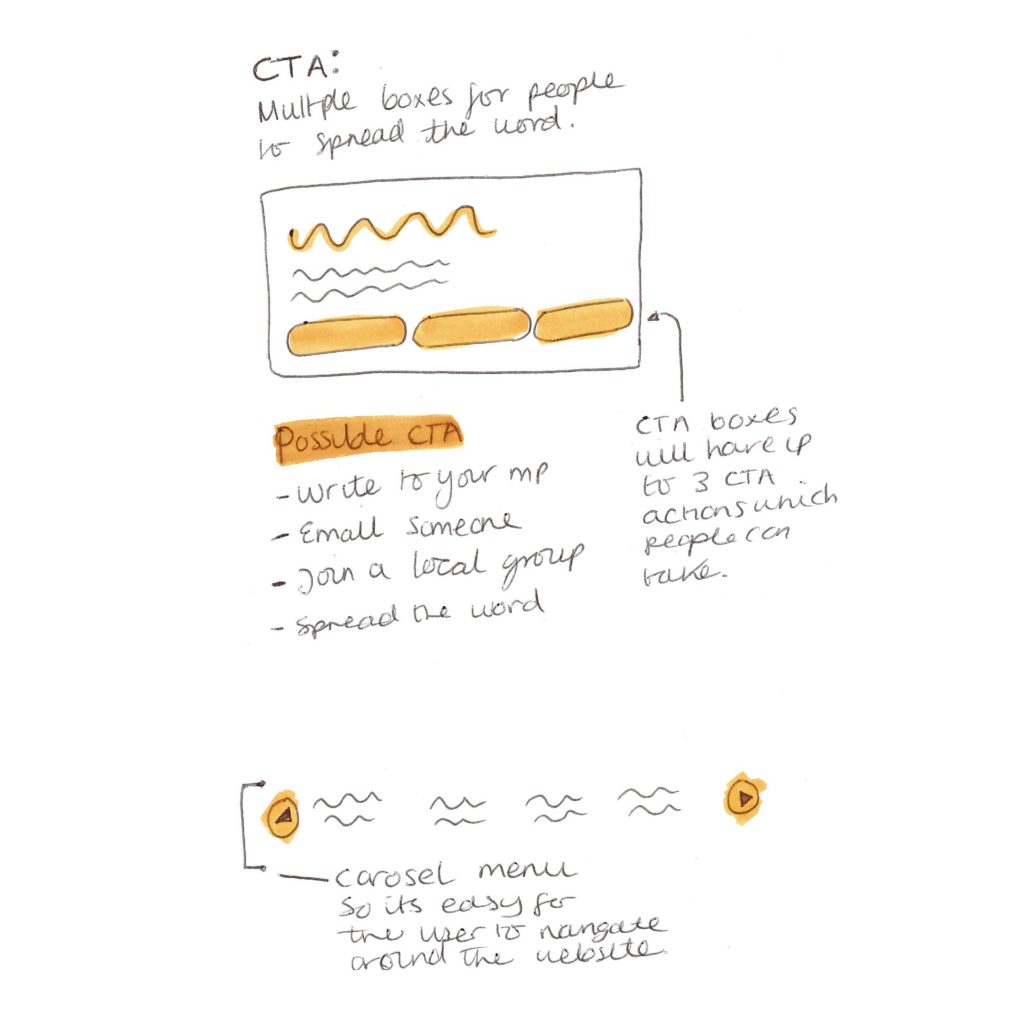
Why did we use this narrative journey? Because we wanted to make sure we provided the citizens of Leeds with a curated experience to maximise their engagement on the topic.
What was the greatest challenge that arose during your work on this campaign? What about the most rewarding moment?
Breaking down the contribution of UK aid to a city level proved quite tricky as we began the project. But once we uncovered the formula for one statistic, we were able to quickly figure out the rest.
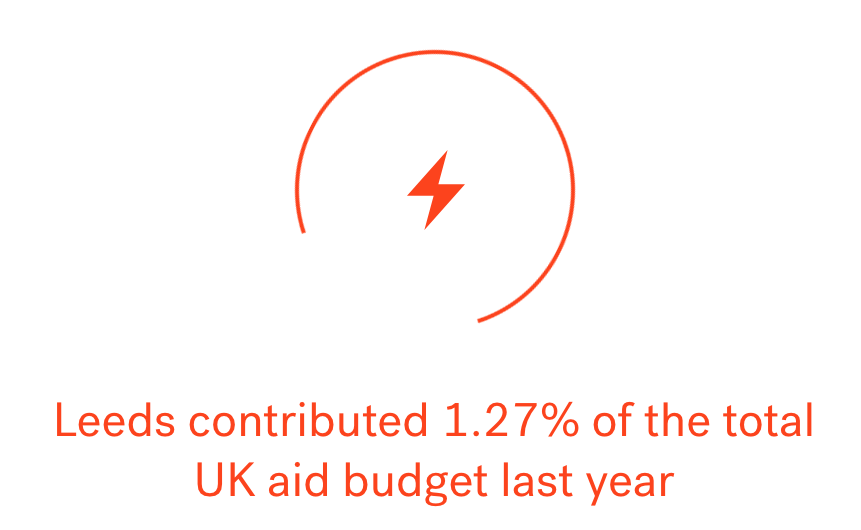
We loved hearing back from local partners about how much they appreciated from the page. There was no acquisition included in the tool, which is not traditional in these kinds of campaigns, so it was great to get such good feedback.
What did you learn in the process of creating this hyperlocal digital campaign that you didn’t know/expect going in?
We learnt how the impact of something as big as aid is more meaningful when localised so communities can see how they contributed. It was great to see how personalised storytelling can impact a community so profoundly to engage with an international topic in this way.
Now, we are able to take what we’ve learnt and build more projects that mobilise communities in a similar way.
And, we’re doing just that! We’re working on more hyperlocal campaigns on the same topic, and we have even created a sister site – Norfolk Counts!
Posted by Norfolk Counts on Wednesday, June 12, 2019
The Norfolk Counts’ digital campaign received 9,501 visitors. Plus 62% of visitors viewed an international development story and a locally relevant statistic.
See the full campaign here!
for Equity & Evidence